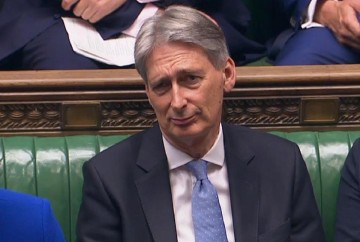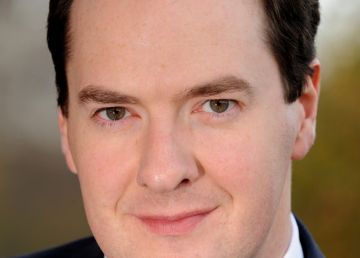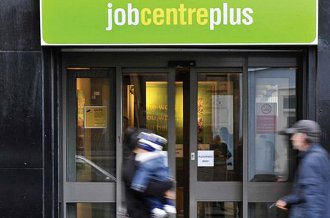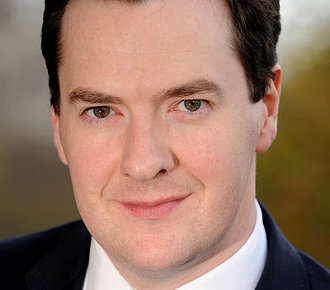 His government might be staggering like a Glaswegian who was turned into a zombie on his way home after a seven day bender, but Philip Hammond’s budget will be broadly welcomed by the Channel.
His government might be staggering like a Glaswegian who was turned into a zombie on his way home after a seven day bender, but Philip Hammond’s budget will be broadly welcomed by the Channel.
This is mostly because of the Chancellor’s decision to plough more cash into AI, broadband and 5G and increasing the numbers of computer science teachers.
For those who came in late, Hammond announced he is investing £500 million directly into tech for AI, 5G and full-fibre broadband and is backing it up with more investment into training a further 8,000 computer science teachers.
In his speech, the Chancellor said a tech business was founded in the country every hour, and its ambition was for that to become every half hour.
“So today we invest over £500m in a range of initiatives from Artificial Intelligence, to 5G and full fibre broadband”, said Hammond.
He added that it was also committed to improving the education system, “Computer science is also at the heart of this revolution”.
“So we’ll ensure that every secondary school pupil can study computing, by tripling the number of trained computer science teachers to 12,000″, he said.
KPMG UK, tech sector head Tudor Aw said that commitments to emerging technology such as 5G, AI and data science are to be applauded.
“It is important that core technology businesses are not forgotten in the chase for the next shiny toy. The UK has strengths in ‘old-school’ tech sub-sectors such as software, IT services and semiconductor technology”, he said.
Insight UK IT applications director said that AI was becoming fundamental to an organisations’ business strategy – particularly when it comes to managing changing customer expectations.








